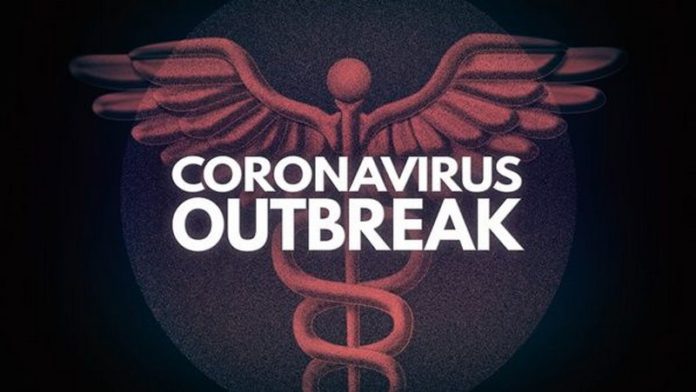South Africa has declared a national disaster and announced a ban on travel from the worst-affected countries, while Kenya has also imposed sweeping travel restrictions.
The measures are an attempt to prevent a major outbreak on a continent with poor health services.
South Africa has imposed the most severe restrictions on its citizens since the end of white-minority rule after reporting its first local transmission, increasing the number of cases to 62.
In an address to the nation on Sunday, President Cyril Ramaphosa declared a national disaster.
“Initially, it was people who had travelled out of the country, especially from Italy, who had positively tested for the virus,” he said.
“It is concerning that we are now dealing with internal transmission of the virus,” Mr Ramaphosa said.
Mr Ramaphosa said he would chair a government command council that would “coordinate all aspects of our extraordinary emergency response”.
Among the measures he announced are:
- The closure of nearly half – 35 out of 72 – of South Africa’s land border crossings from Monday, along with two of its eight sea ports
- Banning foreign nationals from eight countries – including the UK and US – from entering South Africa from Wednesday
- Advising people to avoid domestic travel
- Shutting all schools with immediate effect until the end of the Easter holidays
- Banning all public gatherings of more than 100 with immediate effect. This would affect the biggest annual event in South Africa – an Easter religious service attended by several million followers of the Zion Christian Church at its headquarters in northern Limpopo province.
Several African states have imposed far-reaching restrictions in a bid to curb the spread of coronavirus.
At least 27 African states have so far been affected by the virus.
Morocco has shut public baths, known as hammams, cafes, restaurants, cinemas and mosques after reporting 28 cases and one fatality since the outbreak of the global pandemic.
In total, nearly 350 people have been diagnosed with the virus across Africa. Seven people have died while 42 have recovered, the World Health Organisation said.
Most of the cases involve people arriving from Europe and North America.
Source: BBC


